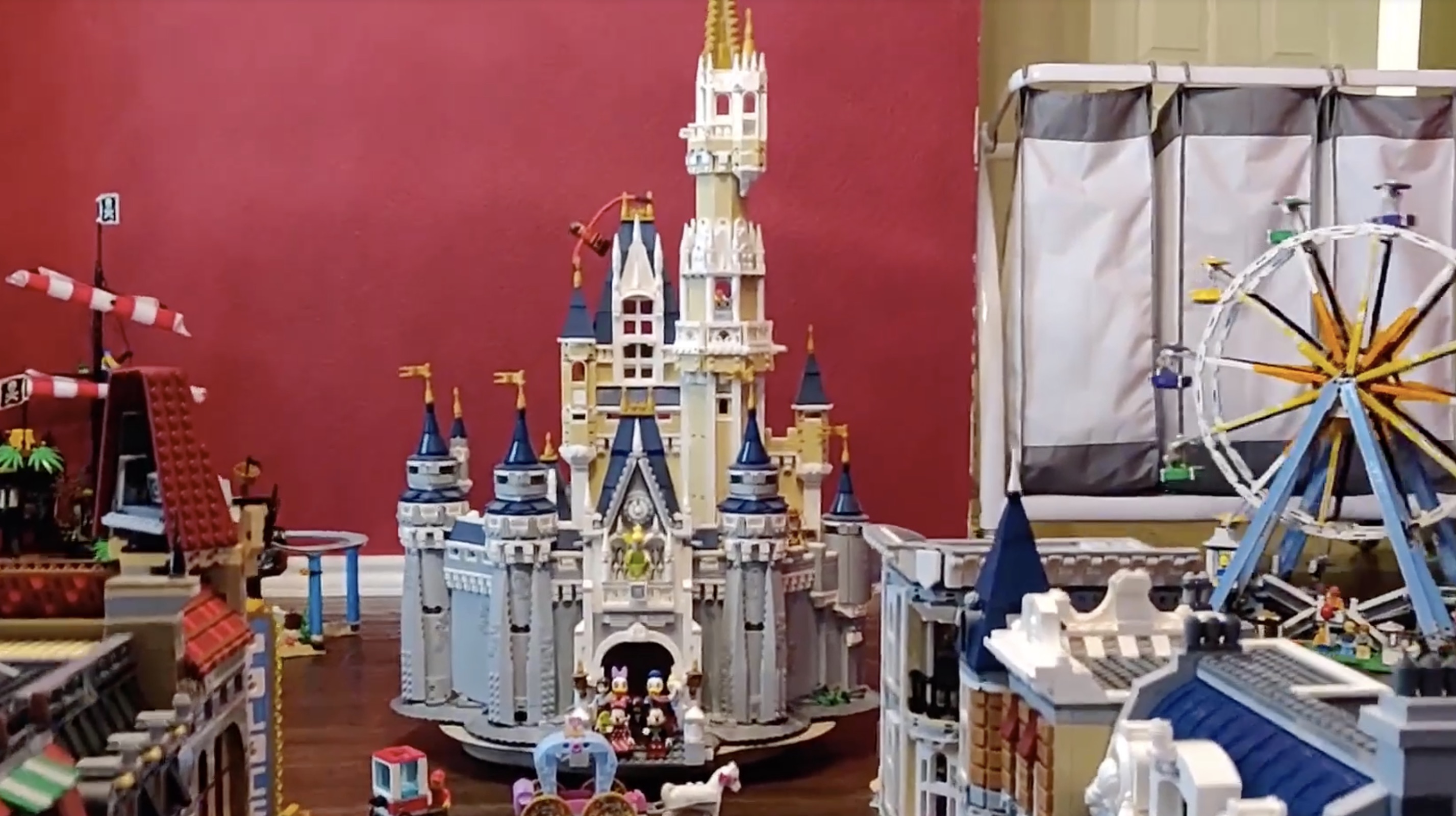No, Walt Disney will not appear on the $100 bill, a claim started as satire
CLAIM: Walt Disney will replace Benjamin Franklin on the U.S. $100 bill.
AP’S ASSESSMENT: False. The claim originated in a satirical article. A spokesperson for the Bureau of Engraving and Printing, which produces U.S. paper currency, told The Associated Press that it has never featured Disney on its notes and that it has no future plans to do so.
THE FACTS: A satirical report that Disney will allegedly make his monetary debut on the $100 bill is being shared online as a real news story.
One Facebook post states: "I just read that In June of 2024, Walt Disney will replace Ben Franklin on the 100 dollar bill. Wow."
"What does everyone think of this?" another Facebook post asks. "Walt Disney to replace Benjamin Franklin on the one hundred dollar bill? Starting June 2024."
Other posts are sharing the claim along with an altered image of a $100 bill featuring a photo of Disney.
The claim originated on Mouse Trap News, a Disney-themed satire website that states on its "About" page that it publishes "fake stories about Disney Parks stuff." It also appeared in a widely shared post by another Disney news site, which does not typically publish satire, with a disclaimer in its second-to-last paragraph that the claim is not real.
Lydia Washington, a spokesperson for the Bureau of Engraving and Printing, confirmed to the AP that the agency has never printed U.S. currency notes featuring Disney. All paper currency in the U.S. is produced by the Bureau of Engraving, while the U.S. Mint manufactures coins.
"The Secretary of the Treasury selects all final images and designs that appear on U.S. currency and there are no plans to include any Walt Disney related images, characters or icons on U.S. currency," Washington wrote in an email.
The portraits that currently appear on U.S. currency were adopted in 1929, she added.
RELATED: Some families going into debt to visit Walt Disney World, new study finds
___
This is part of AP’s effort to address widely shared misinformation, including work with outside companies and organizations to add factual context to misleading content that is circulating online. Learn more about fact-checking at AP.


